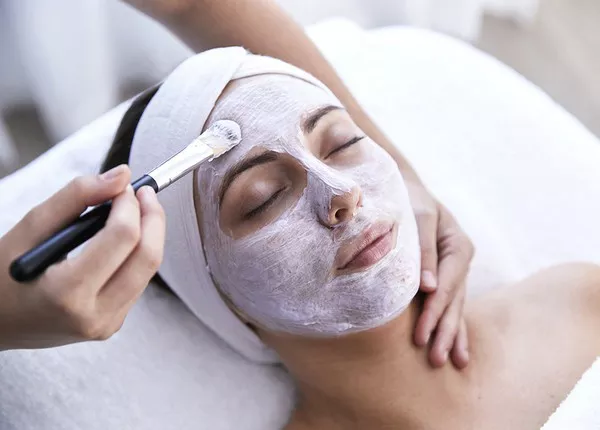Scars are a natural part of the body’s healing process after an injury, surgery, or skin condition. While they often fade over time, there is a common concern: Can scars get worse with age? In this article, we delve into the intricate world of scar formation and changes, exploring various aspects such as scar types, factors influencing scar progression, preventive measures, and potential treatment options. By gaining insight into the dynamics of scars, you can make informed decisions to promote healthy skin and manage the appearance of scars as you age.
Types of Scars
1. Normal Healing Process
Scars form as part of the body’s response to repairing damaged skin. During the healing process, the body produces collagen fibers to mend the wounded area, resulting in scar tissue. The type of scar that forms depends on factors such as the depth of the wound, the location on the body, and genetic predisposition.
See Also: 3 Types of Scars: Origins & Treatment Options
2. Common Scar Types
Normal Scars: These scars form when the body’s healing process proceeds without any complications. They typically appear pale and flat over time.
Keloid Scars: Keloids are raised, thickened scars that extend beyond the initial wound. They can be more noticeable and may develop over time.
Hypertrophic Scars: Similar to keloids, hypertrophic scars are raised and may become more prominent as they mature. However, they stay within the boundaries of the original wound.
Factors Influencing Scar Progression
1. Genetics
Genetic factors play a significant role in how scars form and change over time. Some individuals may be predisposed to developing keloid or hypertrophic scars, making their scars more likely to worsen with age.
2. Location and Tension
Scars located in areas of high tension, such as joints or the chest, may experience more stress and movement, potentially affecting their appearance. These scars could become more prominent with age due to constant stretching.
3. Sun Exposure
Exposure to ultraviolet (UV) radiation from the sun can impact scar tissue. UV rays can cause discoloration, make scars more noticeable, and contribute to premature aging of the skin.
Preventive Measures
1. Sun Protection
Protecting scars from sun exposure is crucial to prevent them from becoming more noticeable over time. Apply broad-spectrum sunscreen to scarred areas and consider using clothing or accessories to shield scars from the sun.
2. Scar Massage
Gentle scar massage can help break down scar tissue and improve blood circulation, which may prevent the scar from becoming tighter and more raised.
Potential Treatment Options
1. Topical Treatments
Topical treatments, such as silicone sheets or gels, can help flatten and soften scars. These products are often available over-the-counter and may contribute to minimizing scar changes over time.
2. Medical Interventions
For more severe or bothersome scars, medical interventions may be considered. These include:
Corticosteroid Injections: These injections can help flatten and soften hypertrophic or keloid scars.
Laser Therapy: Laser treatments can target scar tissue and stimulate collagen production, leading to improved scar appearance.
Surgical Revision: In some cases, surgical scar revision may be recommended to improve the appearance of a scar.
See Also: Effective Strategies for Scar Reduction: Things You Need to Know
Conclusion
In conclusion, the question “Can scars get worse with age?” does not have a one-size-fits-all answer. While some scars may undergo changes over time, others may remain relatively stable. Genetics, scar type, location, and environmental factors all play a role in how scars evolve. Preventive measures, such as sun protection and scar massage, can help mitigate potential changes. If scars are causing distress, various treatment options, from topical products to medical interventions, can be explored. Ultimately, embracing your skin’s journey and understanding that scars are a natural part of your story can empower you to feel confident and comfortable in your own skin. Remember that consulting a dermatologist or medical professional can provide personalized guidance and recommendations tailored to your unique needs.


